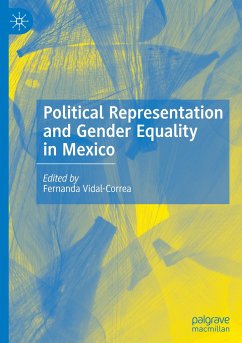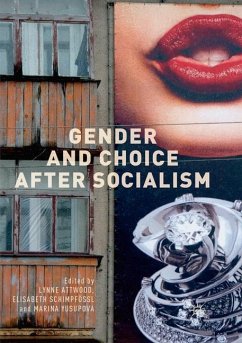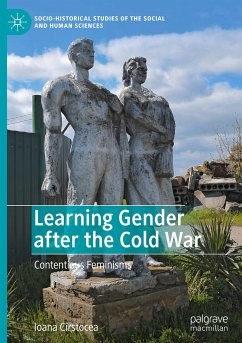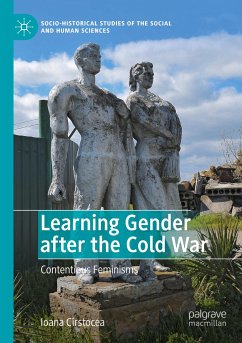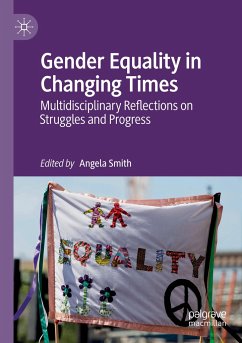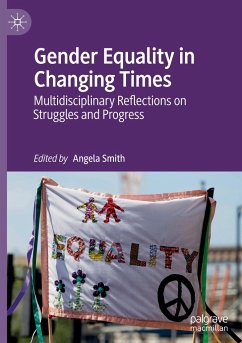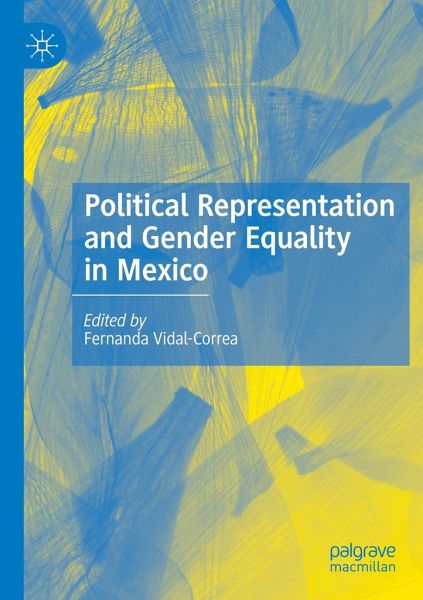
Political Representation and Gender Equality in Mexico
Versandkostenfrei!
Versandfertig in 6-10 Tagen
83,99 €
inkl. MwSt.

PAYBACK Punkte
42 °P sammeln!
The field of gender and politics has continuously grown, becoming more interdisciplinary and engaging with issues, context and people from all around the world. Because of this, new emerging approaches and studies challenge embedded notions, ideas and preconceptions of how the world is meant to be studied and understood. It is particularly true for studies on women and their engagement in political affairs. How should institutions conceptualize women in order to advance rules and mechanisms that favor women? What roles do representatives have on the making of gender equality? When women are le...
The field of gender and politics has continuously grown, becoming more interdisciplinary and engaging with issues, context and people from all around the world. Because of this, new emerging approaches and studies challenge embedded notions, ideas and preconceptions of how the world is meant to be studied and understood. It is particularly true for studies on women and their engagement in political affairs. How should institutions conceptualize women in order to advance rules and mechanisms that favor women? What roles do representatives have on the making of gender equality? When women are legislating, which are the consequences of the approved legislation?





